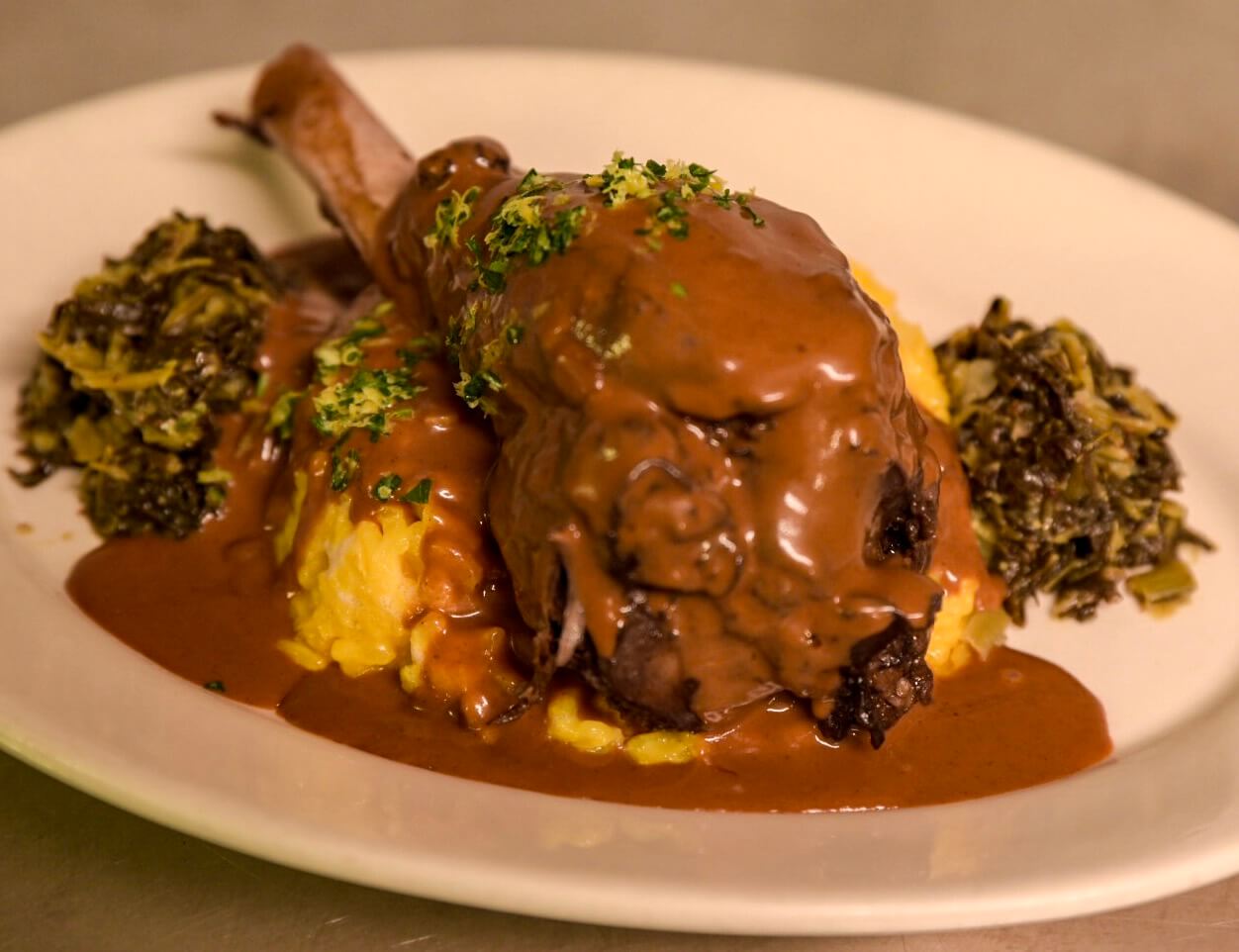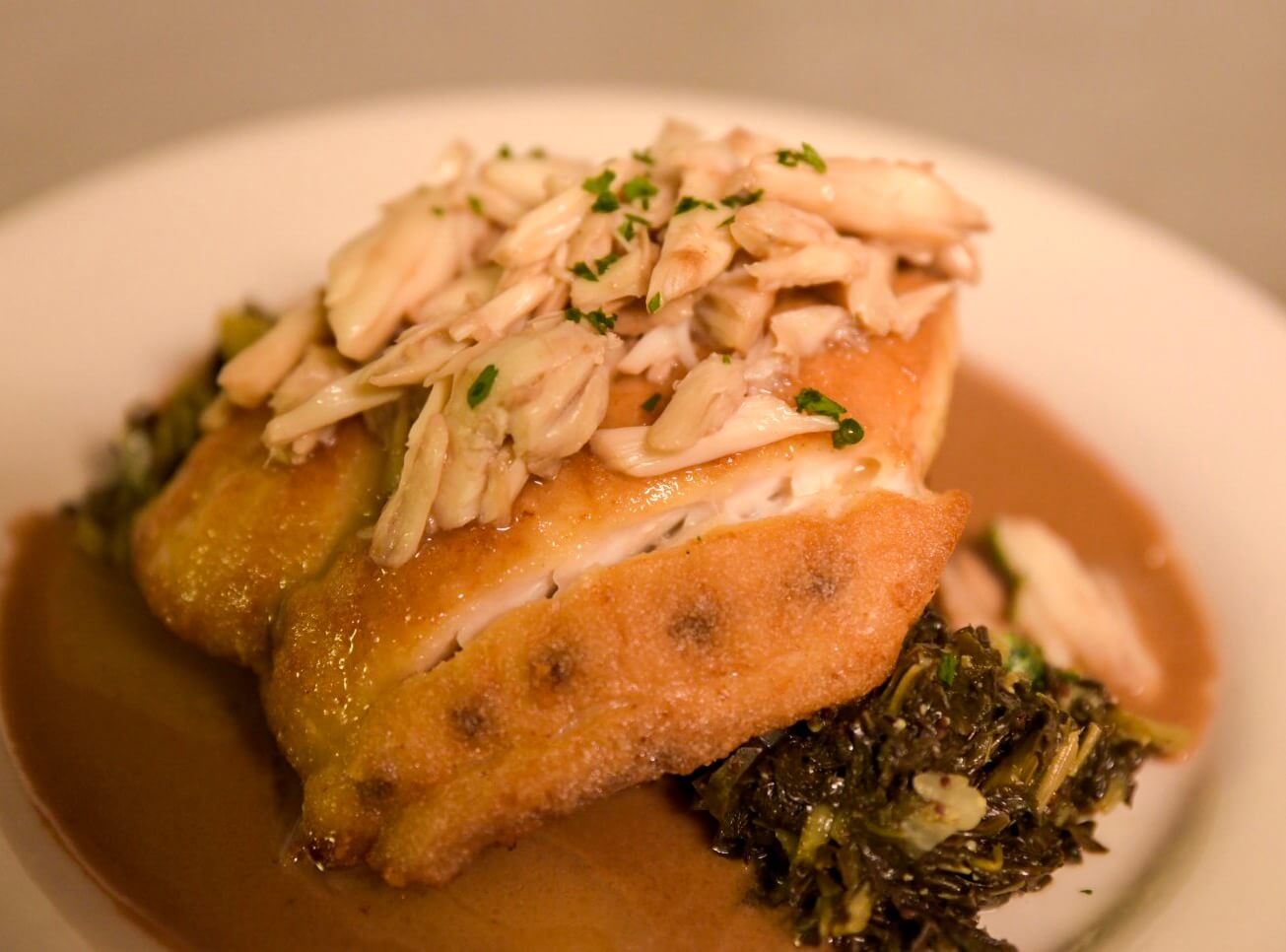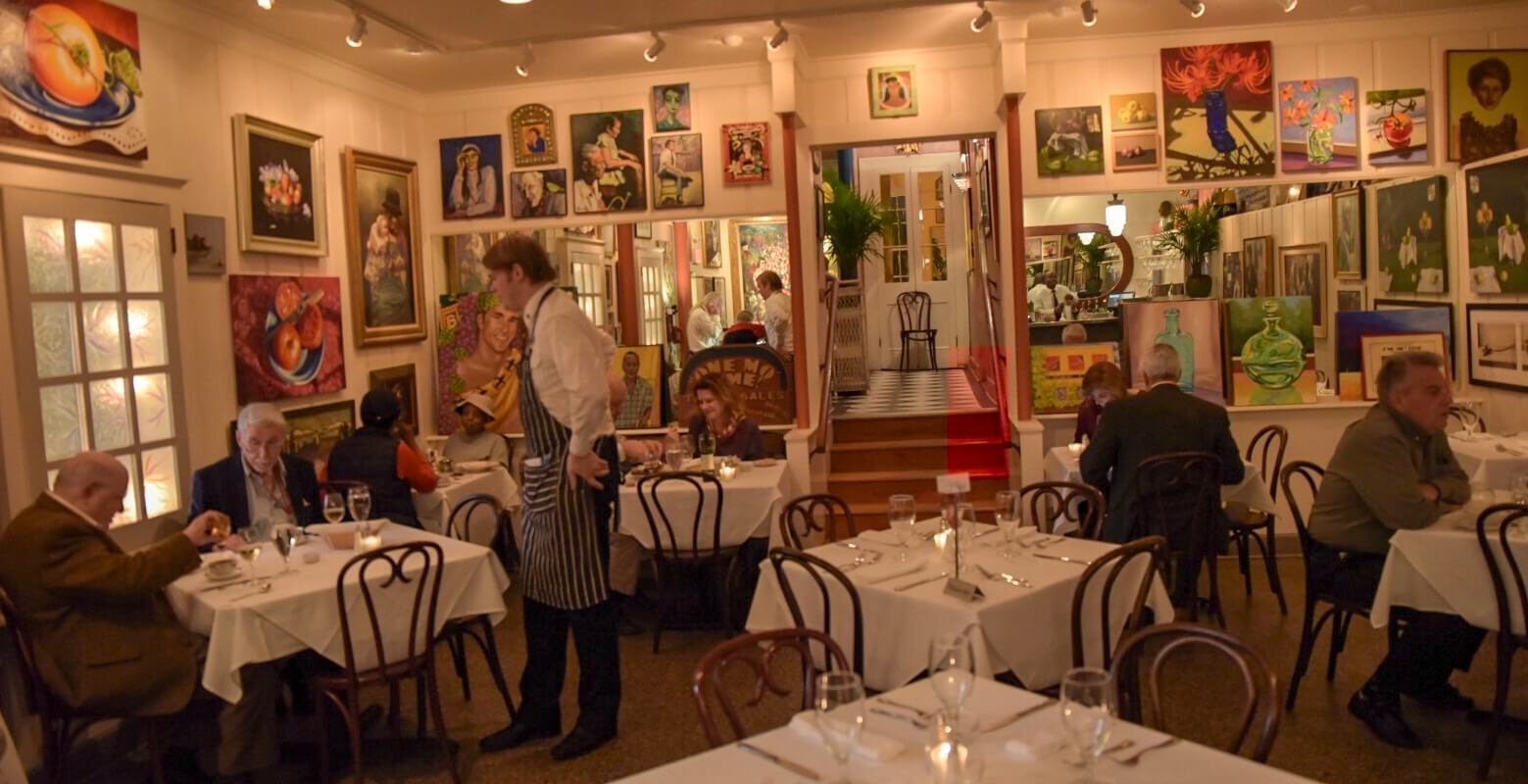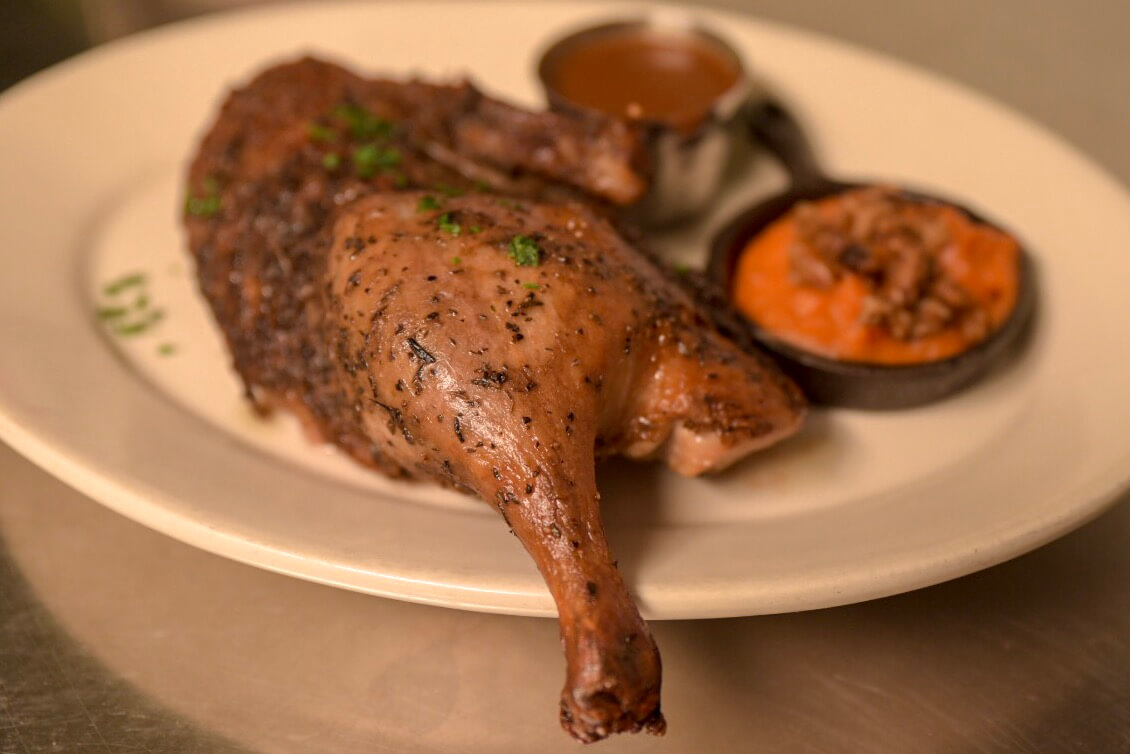I had never heard of Réveillon before I moved to New Orleans. The Crescent City has been my home for years, but I’m originally from the Northeast where we are beholden to an Anglo/Germanic, Protestant Christmas tradition tinged with commercialism – holly and pine trees and wassail and Santa – hallmarks of modern American Christmas.
New Orleans is only vaguely American, a French Creole/Northern Caribbean outpost, rife with French, Spanish and African culture. It cleaves to traditions that have long since disappeared or were never found elsewhere in this country. Its Catholicism was a rebuke to the Protestant work ethic and Spartan ideals of New England. You have to look to France, Montreal or Brazil to find similar cultural markers.
Réveillon was born out of the feast and fast, fast and feast, cycle that informs so many New Orleans traditions. Translated it means “awakening or arousal,” the meal that was served after midnight mass on Christmas Eve into the early hours of Christmas morning. A meal preceded by 24 hours of fasting, which at the time was a requirement to receive communion. A lavish feast in French Creole homes, a typical Réveillon regalement might include turtle soup, daube de glace, oysters, veal grillades, and eggs, among other items — a meal too late to be dinner but to early to be breakfast — to be savored with family and friends until sunrise. A Creole feast that had nearly disappeared by the early part of the 20th century as the Americanized Christmas traditions mentioned above took hold in New Orleans.

But nothing is ever truly forgotten in New Orleans. Today Réveillon still occupies the night, but at more traditional dinner hours. Revived in restaurants in the 1990s to spur business during the holiday season, modern Réveillon menus range from luxurious traditional Creole fare to more modern interpretations of New Orleans cuisine, and are typically served as multicourse prefixes. Beginning on Dec. 1 and lasting through New Year’s Eve, Réveillon, allows modern diners ample opportunity to sample a variety of menus throughout the city.

“The season is a time of family and friends and Réveillon allows you time to dine with both, which I think is wonderful.” JoAnn Clevenger of Upperline Restaurant, said. “You may have family, which is the most important, that you want to celebrate with one night, and then close friends the next.” As we stand in the dining room of her elegant modern Creole bistro, candles flickering, the darkness enveloping the outside, and the smell of rich food emanating from the kitchen, I feel transported far from my Northern sensibilities into the revelry of Réveillon.
The resurgence of Réveillon has been a boon for neighborhood restaurants, engaging local diners who are sometimes spoiled by an abundance of riches. Réveillon reconnects them to the traditions of the city, and our unique place in the culinary world.

I don’t know if Réveillon is still celebrated in the home, but I assume it must be. If not, I think it is a tradition worth reviving. Every year I have an open house on Christmas Day, to celebrate with friends since my family is far away. Maybe this year I’ll start a little earlier, after midnight mass, a rich repast that will last beyond sunrise.
New Orleanians live in a constant state of arousal. Our sensual city stimulates the senses, inflames passions, awakens desires and has us drunk in love or libations. Réveillon is a lavish reminder of this, a luxurious feast, born from the ecclesiastic and the excess that informs our city, the past that is always present here.
Now that you know about Réveillon, tap here for where to get your Réveillon dinner in New Orleans.







